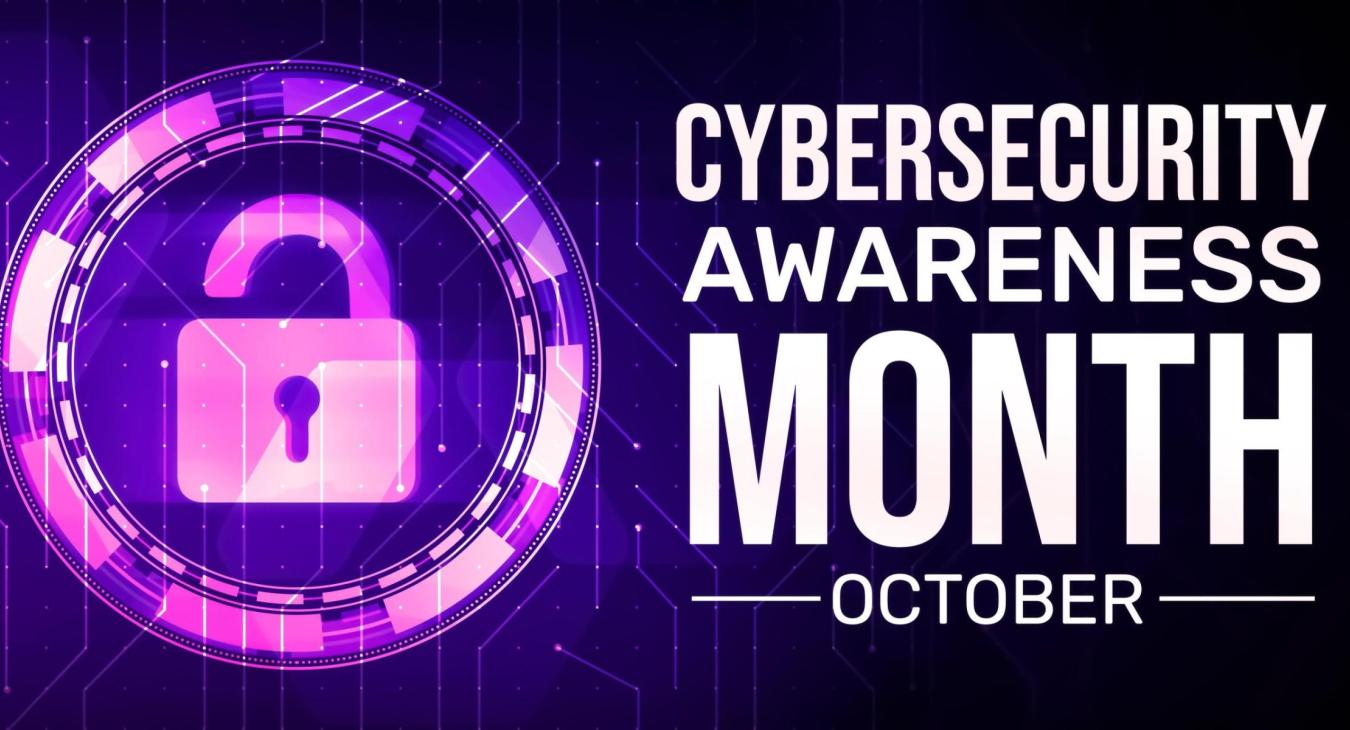IT’S CYBER SECURITY MONTH!
Every October, Cyber Security Awareness Month serves as a reminder for individuals and organizations to bolster their defenses against these growing threats. Mr. Jerry Beckley, VP of Computing and IT at West Kentucky Rural Electric Cooperative gives some tips to help protect our members while navigating the internet.
1. Use Strong and Unique Passwords or Passphrases
One of the simplest yet most effective ways to protect yourself online is to create strong, unique passwords for each of your accounts. Many people fall into the trap of using the same password across multiple platforms, which increases the risk of a widespread security breach if one account is compromised. To create strong passwords:
• Use at least 12 characters, combining letters, numbers, and special symbols. Sixteen characters is better.
• Avoid easily guessable information such as names or birthdays.
• Consider using a password manager to store and generate complex passwords securely.
• Change your passwords at least yearly for important websites, like banking, and social media.
2. Enable Multi-Factor Authentication (MFA)
Multi-factor authentication (MFA) adds an extra layer of security to your online accounts by requiring not only your password but also a secondary form of verification, such as a fingerprint scan, SMS code, or authentication app. Even if your password is compromised, MFA ensures that unauthorized users cannot access your account without the second form of verification. Enabling MFA on email, banking, and social media accounts significantly reduces the risk of cyberattacks.
3. Keep Your Software Up to Date
Regularly updating your operating system, apps, and antivirus software ensures that you have the latest security patches, safeguarding your devices against known vulnerabilities. Most software provides automatic updates, so make sure this feature is enabled to receive the latest protections without having to manually check. Don’t forget to update your cell phone or tablet software as well.
4. Be Wary of Phishing Scams
Phishing scams are one of the most common methods cybercriminals use to steal sensitive information. These scams usually involve deceptive emails, texts, or websites that mimic legitimate companies, urging you to click on a malicious link or provide personal details. To avoid falling victim to phishing:
• Be cautious of unsolicited emails or messages asking for sensitive information.
• Check the sender’s email address and scrutinize links before clicking.
• Enable anti-phishing settings in your email and web browsers.
• Do not give out your passwords to anyone.
• Finally, if it is too good to be true, it probably is.
5. Use Secure Networks
Avoid using public Wi-Fi networks, especially when accessing sensitive accounts like banking or shopping platforms. Public networks are vulnerable to cyberattacks, and hackers can easily intercept data transmitted over these connections. If you must use public Wi-Fi, ensure you connect via a Virtual Private Network (VPN), which encrypts your internet traffic and protects your privacy.
6. Monitor Your Accounts Regularly
Regularly checking your online accounts for suspicious activity can help you catch and mitigate potential cyber threats early. Set up account alerts for unusual login attempts or large transactions and be proactive in reporting any unauthorized activity to your service providers or bank. Check your credit report at least once a year and some will let you lock your credit report.
7. Educate Yourself and Others
Staying informed about the latest cybersecurity threats and best practices is one of the best ways to protect yourself online. Cyber Security Awareness Month is a perfect opportunity to take a free course, read up on cybersecurity news, or attend a seminar. Share what you learn with friends, family, and coworkers to help create a safer digital environment for everyone.
Final Thought
Protecting yourself online doesn't have to be complicated. By adopting simple practices like using strong passwords, enabling multi-factor authentication, and staying informed about the latest threats, you can significantly reduce your risk of becoming a victim of cybercrime. This Cyber Security Awareness Month, take the time to evaluate your digital habits and make the necessary changes to safeguard your online presence.

